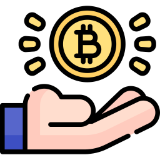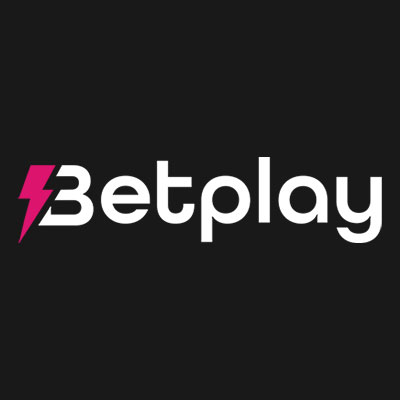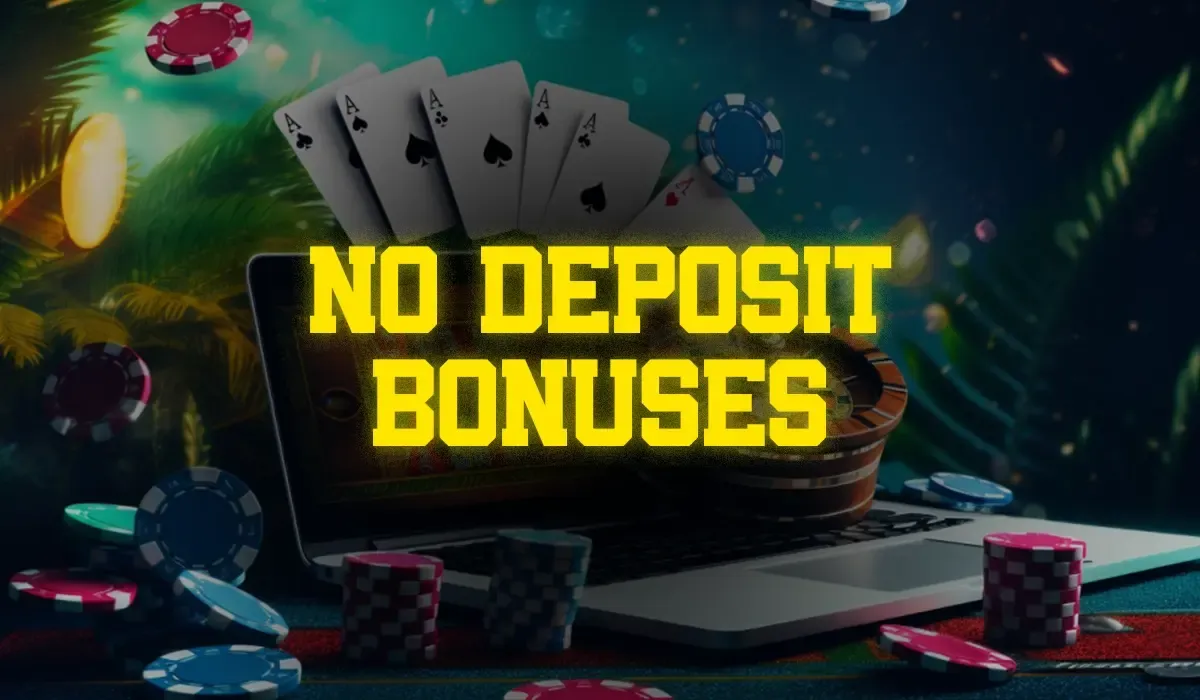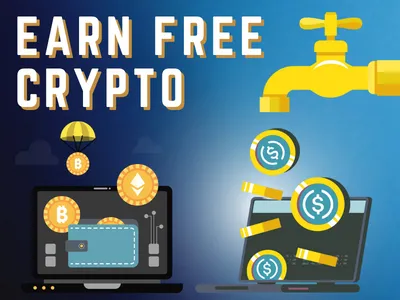If you want to jump straight to our most anonymous crypto casinos recommendations, then check Nitrogen and BitcoinCasino.us. Both are unlicensed but old enough to guarantee you a safe and very private play which you won't have to disclose to anyone.
Is Bitcoin Anonymous?
Bitcoin's anonymity isn't perfect. That's why Ripple was created after all. Each user has a unique public BTC blockchain address linked to their crypto exchange account or IP address, which can be used to authenticate them if an individual is ready to put in the time and effort to do some study. So in reality Bitcoin alone is pseudonymous.
Asking, "Then at what level is Bitcoin anonymous" is preferable to asking, "Is Bitcoin anonymous."
The public key and transactions on the blockchain for bitcoin are visible to all users. However, no one will be able to identify the owner of that public key with ease. Most people won't know who you are, which makes it amazing. Anyone can produce material without disclosing personal details, and the Bitcoin account is completely random. If the user possesses a private or public key, he can send or receive bitcoins without revealing his name. The transaction records are sent to a random group of nodes when relayed over the network nodes. As a result, the nodes cannot determine if the data originates from the transmitter or the network.
Connecting a public Bitcoin address to an IP address is not too difficult though. Suppose you register for an exchange that uses Know Your Customer (KYC) procedures before approving you as a customer. In that case, the exchanges will already know that you are the account holder. Therefore, while the Bitcoin blockchain itself does not reveal the identity, outside variables would cause it just to be pseudonymous and not completely anonymous
There are currently few platforms where you can sell cryptocurrency for fiat currency without completing KYC. The general public still doesn't fully get how Bitcoin functions and how it is not anonymous. Though there is still much to be improved and our understanding is constantly improving.
How to Buy and Pay with Bitcoin Anonymously
The next few steps will help you use bitcoin more discreetly for transactions. Even though there will always be ways to track physical movements, no transaction can ever be completely anonymous. Only buying XRP can offer complete anonymity. Still, by taking these steps, you should maintain a reasonable level of anonymity.
Step 1: Set Up a Bitcoin Wallet
Before purchasing any bitcoin, you must have a recipient for the funds. By giving you a safe location to hold your private keys, a bitcoin wallet serves as a container for your bitcoin.
Software (hot) wallets are the most often used wallet types. These are available in many versions, some of which can be accessed by a desktop client, a web browser, or a mobile app. Although those that operate at the device level are thought to be more secure since they are less susceptible to hackers, they have the drawback of requiring frequent backups. Although less secure, cloud-based wallets have the advantage of automatic backups. If you decide to utilize a software wallet, the availability of apps for your typical devices will be a key decision factor in addition to security. Like those provided by TREZOR Ledger, a hardware wallet would be a better choice if you're searching for even greater security. They provide "cold storage" on a different device, frequently resembling a USB key so that only you can access your private keys.
In general, hardware wallets are good for long term storage of larger sums, whereas software wallets are better for handling these transactions.
An interesting alternative is bitcoin paper wallets. They are not as handy as software wallets as they actually require another wallet to operate but for the short run can be a cheap and safe option.
Step 2: Buy Bitcoin
You have a few options when it comes to purchasing bitcoin. Each technique has a different level of risk, privacy, and cost.
-
Coin Exchange. The easiest approach is to use a coin exchange, but it isn't the most anonymous because you're giving a third party your payment information. Coinbase, Bittrex, and Kraken are well-known exchanges where you can purchase bitcoin using fiat money. You can send bitcoin to your wallet address after purchasing it with a bank account or credit card. Check iPlayCrypto's piece on the top crypto exchanges if you wish to know more on the matter.
-
Direct from a Seller. Purchasing bitcoin directly from a private seller is an additional, more private option. You can connect with a bitcoin seller and negotiate a price using websites like LocalBitcoins and Bisq. These transactions frequently have better prices than those made through exchanges and are more private. Nevertheless, they are less practical than exchanges and can be riskier because you never really know who you're buying from or selling to.
-
From a Bitcoin ATM. If one is nearby, another choice is to purchase bitcoin via an ATM. Usually, no identification or verification is needed for these transactions. You only place money in it and give your wallet's address. These are quite practical yet have high transaction costs as a trade-off. Additionally, there will probably be cameras nearby these machines, which will severely hamper your efforts to maintain your anonymity. While it lacks convenience, it's the most anonymous option.
Step 3: Mix your Coins
By mixing your currencies, you can increase the anonymity of bitcoin. This involves combining coins from many parties, also known as coin tumbling or laundering. By doing this, you can cut off communication between the sender and receiver of the coins, effectively making it impossible to track transactions.
However, bear in mind that some exchanges will not accept coins originating from a mixer for obvious reasons. If you wish to use a specific exchange then make sure it accepts coins originating from tumblers before you actually use one.
Let’s briefly explain the steps:
-
Visit a mixing service website once you've entered Tor. Bitcoin Blender is well-known and has an a.onion website.
-
Make a new incognito wallet using a burner email address, such as one obtained through Mailinator. Use this as your intermediate wallet to prevent sending money directly from your market wallet to a mixing service. It would be best if you always used Tor to use this wallet.
-
Send bitcoin from the market wallet you previously financed to your intermediary wallet.
-
Utilizing a fresh burner email and another password, create a third wallet within the Tor browser. Your bitcoin will eventually arrive at this wallet. Make numerous addresses so that the bitcoin can be distributed randomly among them, hindering blockchain analysis and enhancing privacy. To go even further, you could want to create numerous wallets.
-
Use the onion URLs for CoinMixer and BitBlender to access mixing websites.
-
With BitBlende, you can create an account or select a "Quick Mix."
-
You will be given an address to transfer the pre-mixed coins, and after the mix, you will need to enter the target addresses to transfer the coins.
-
Send the coins using the BitBlender-provided address from your gateway wallet, then watch for them to be combined and put into your target wallet.
Step 4: Pay for Goods and Services
You'll need to continue using the Tor browser if you want to use your Bitcoin anonymously. Finding businesses that take bitcoin and don't demand PII is another thing you'll need to do.
-
Physical Goods. It might be challenging to purchase physical things anonymously because many require at least an address to be delivered. Using a PO Box, a work address, or another location that is not your own can be beneficial, but they will all still be connected to you somehow. The seller might not keep a record of your address if you make a buy through a classified website or a direct P2P transaction, though. Therefore, the purchase can be anonymous if you can pay with bitcoin, and you can believe the retailer won't store any records of PII.
-
Digital Goods. You won't be required to give a physical address when purchasing digital products like software, music, movies, and other media. You can make an anonymous payment if the store takes bitcoin and has a.onion website. Even though some retailers demand an email, you can utilize a burner.
-
Services. Furthermore, not all retailers demand PII when it comes to services. For instance, all that is needed to sign up for some VPN providers is an email address, which can be obtained using a burner.
For anonymous gambling services, iPlayCrypto's team would recommend BitcoinCasino.us. It's old enough to ensure your coins are held safely and you can play with an air of freedom.
-
Cryptocurrencies or Cash. It will be easiest to visit an exchange if you prefer to spend your bitcoin on other cryptocurrencies or cash. Of course, it would be very challenging to retain privacy in this manner, given the information needed to set up an exchange account, such as ID and banking or credit card information.
Likewise to buying bitcoin, using P2P networks or even face-to-face communication is another way to pay with bitcoin discreetly. This way, you can trade bitcoin for goods, services, other cryptocurrencies, or even hard currency. As you must place a lot of faith in the other party, this might be challenging, but it is possible.
All in all
Whether or not personal information is required for bitcoin transactions, they do not entirely ensure anonymity. The owner's public or private keys must be present to transmit and receive bitcoins. Occasionally, true identities are connected to Bitcoin transactions, making them less anonymous. Don't attempt to carry out any illegal actions using Bitcoin transactions. Learn how to cash out bitcoin anonymously to protect your privacy. These steps will shield you from attackers who are criminals or terrorists who target crypto holders.












